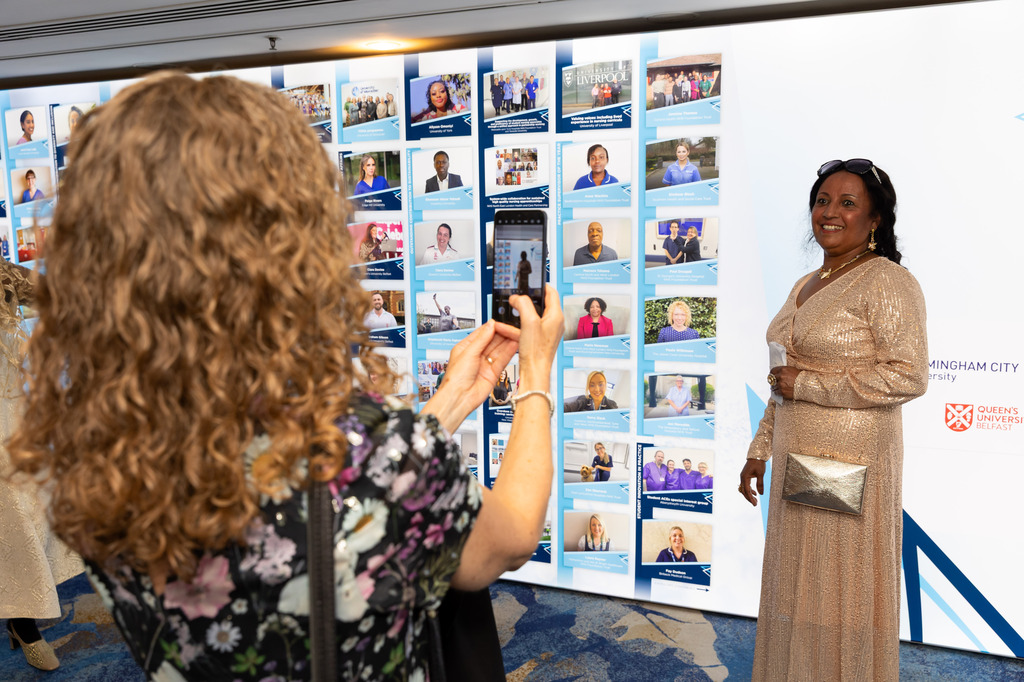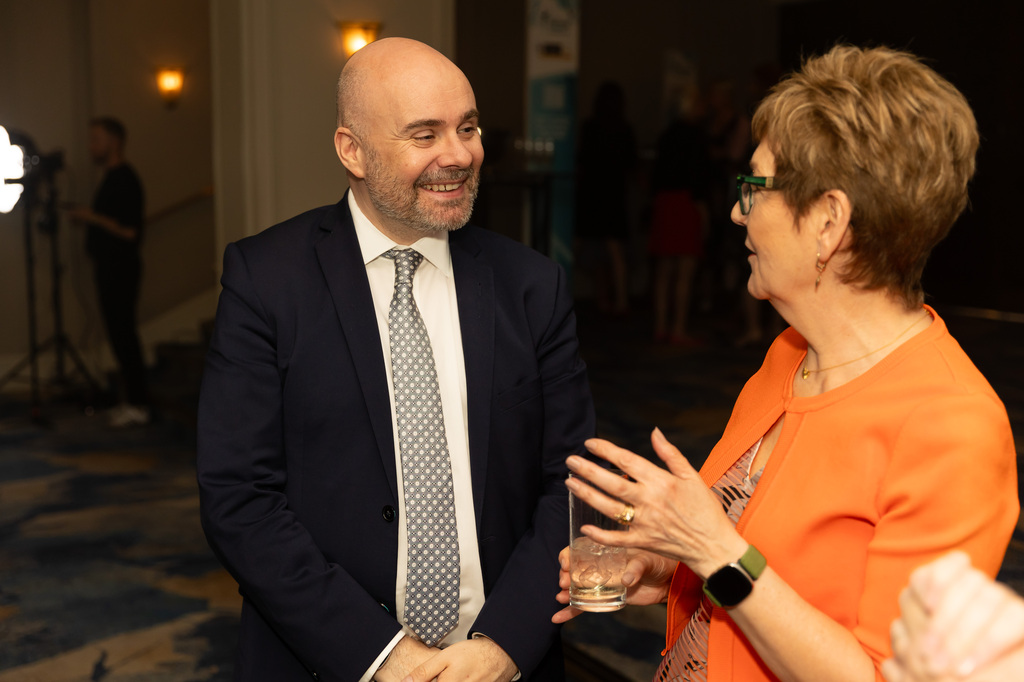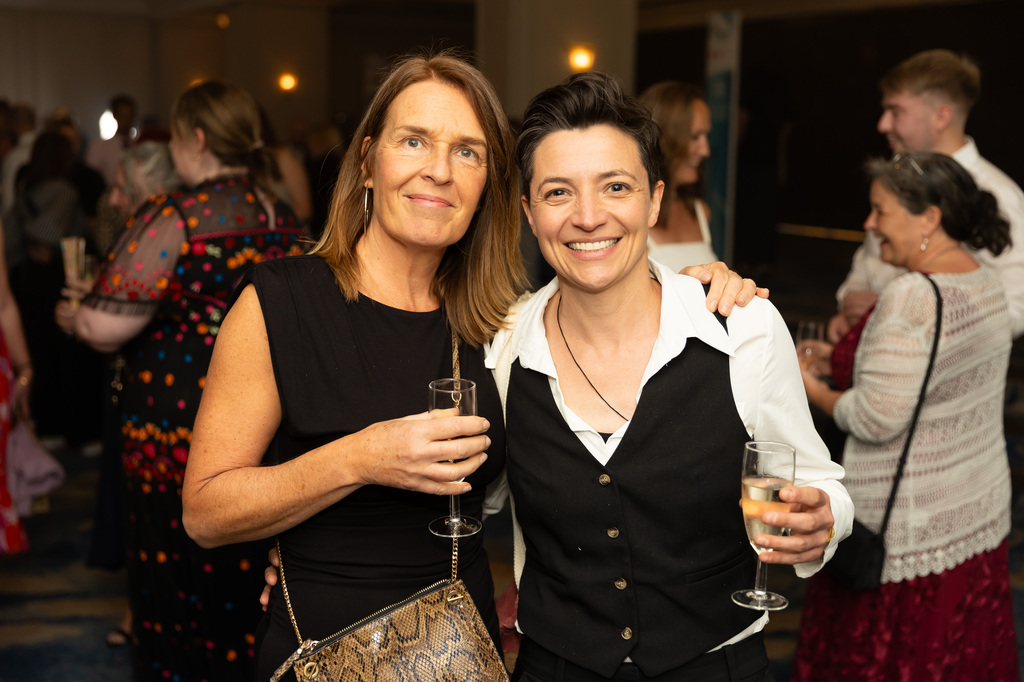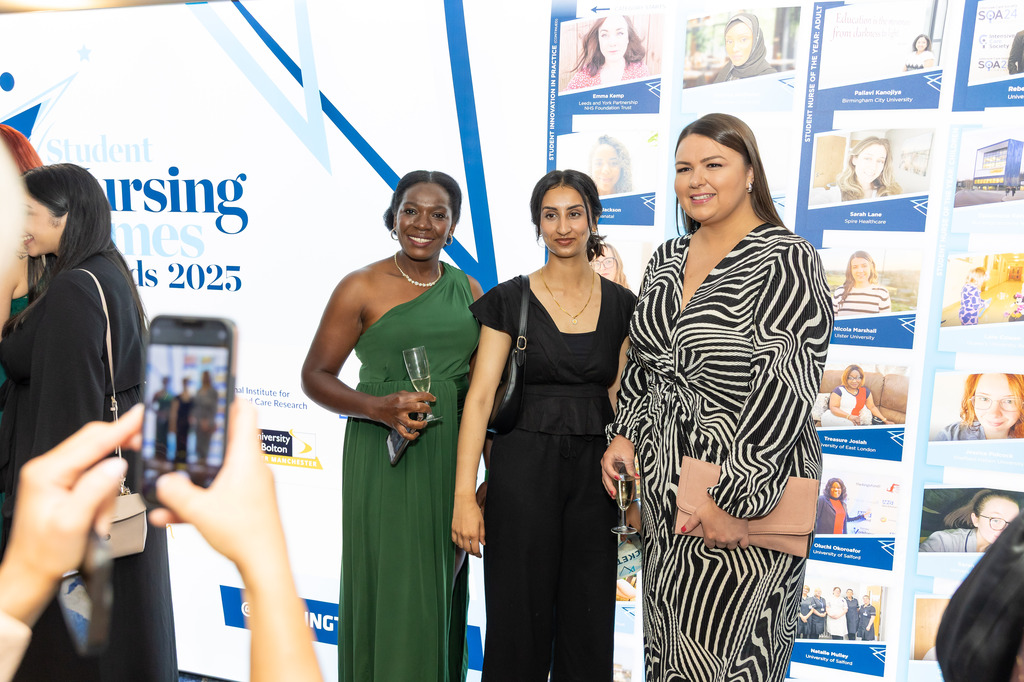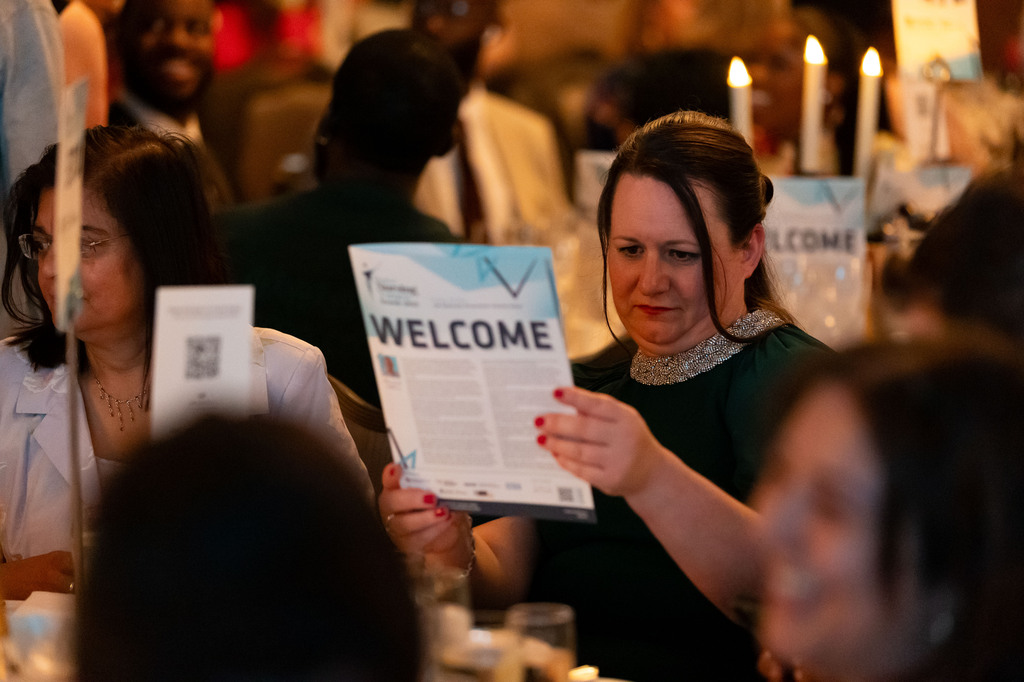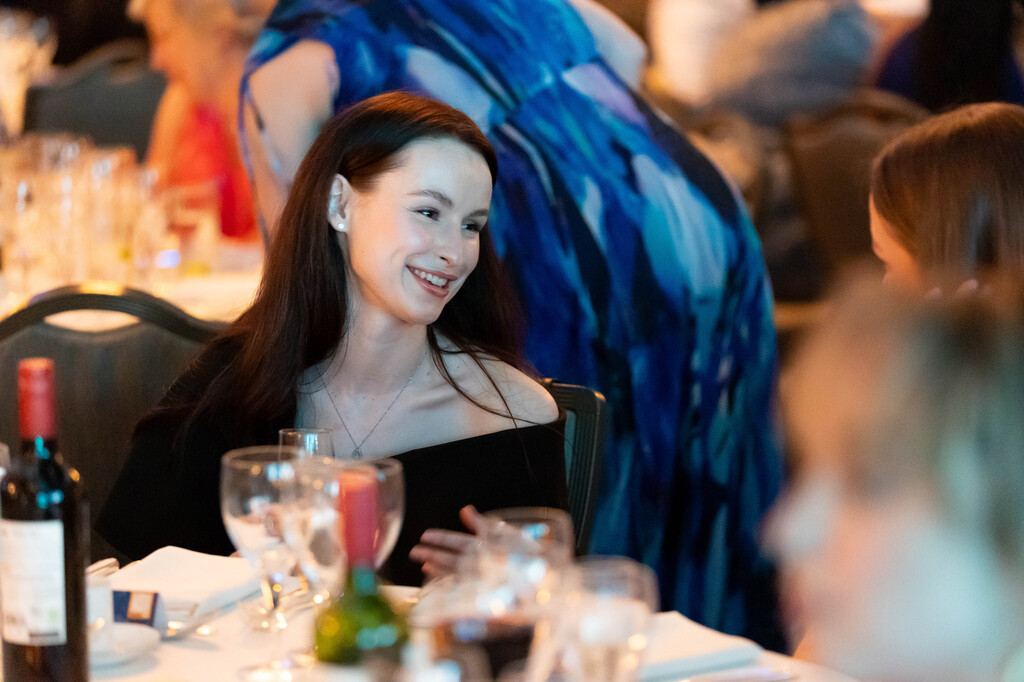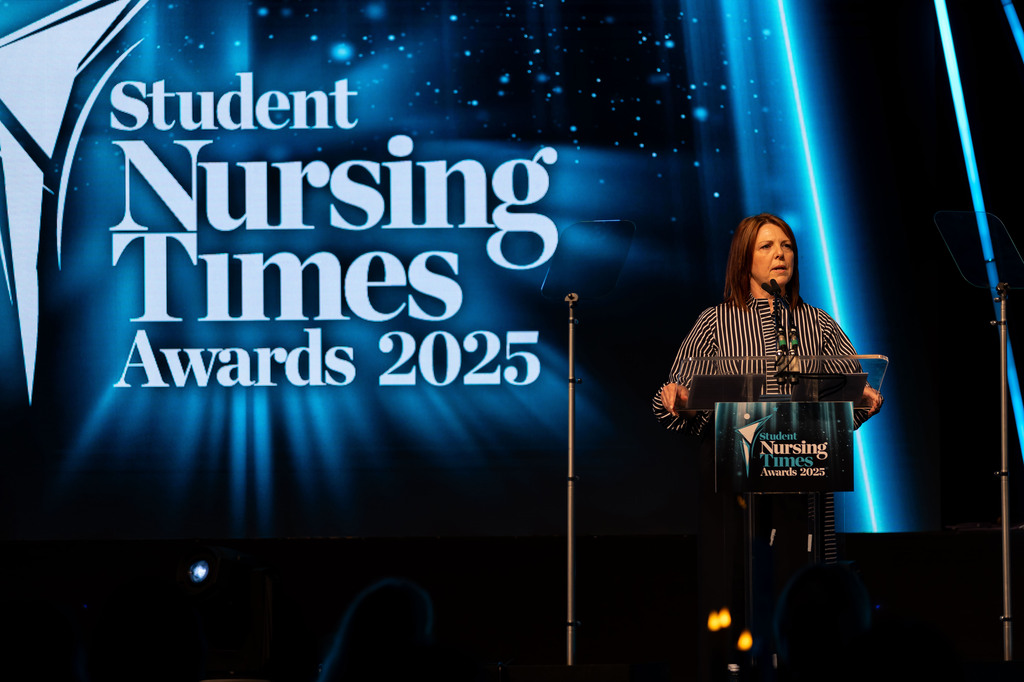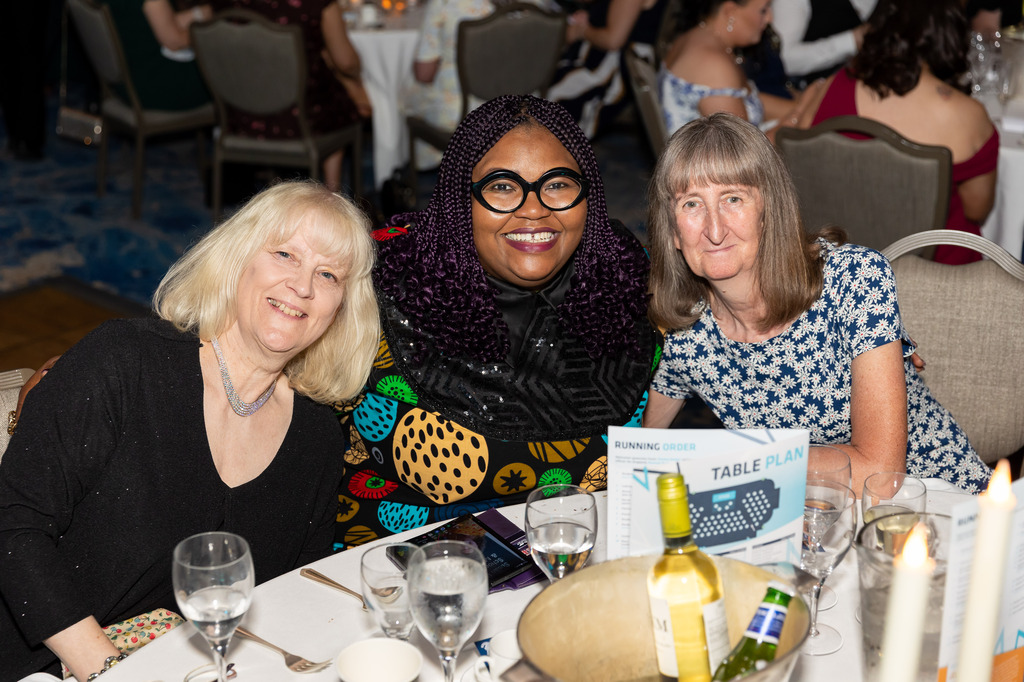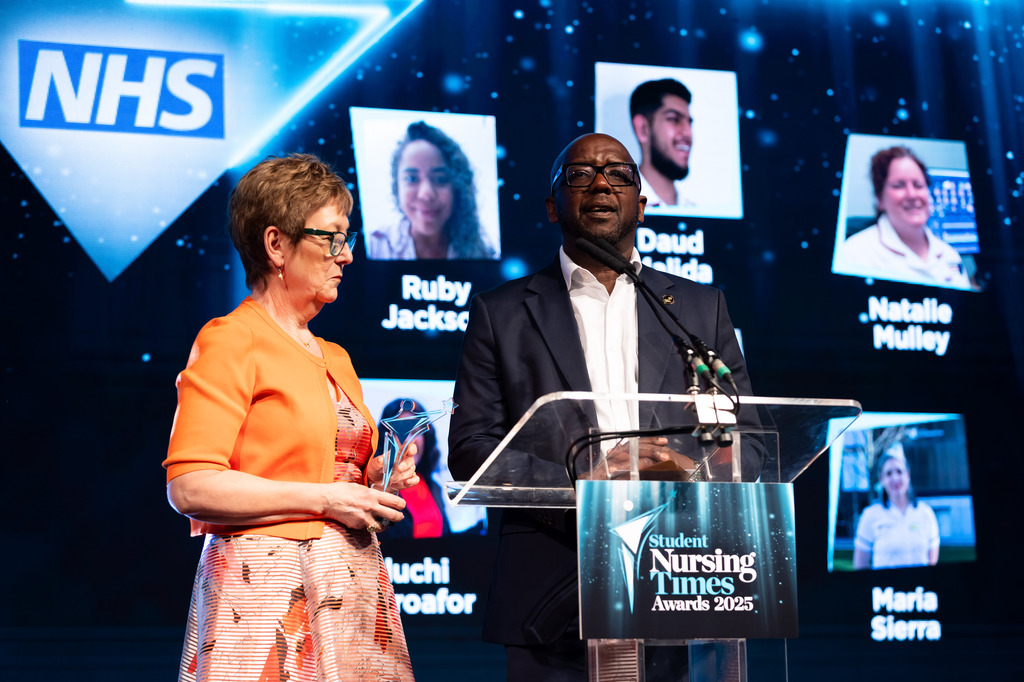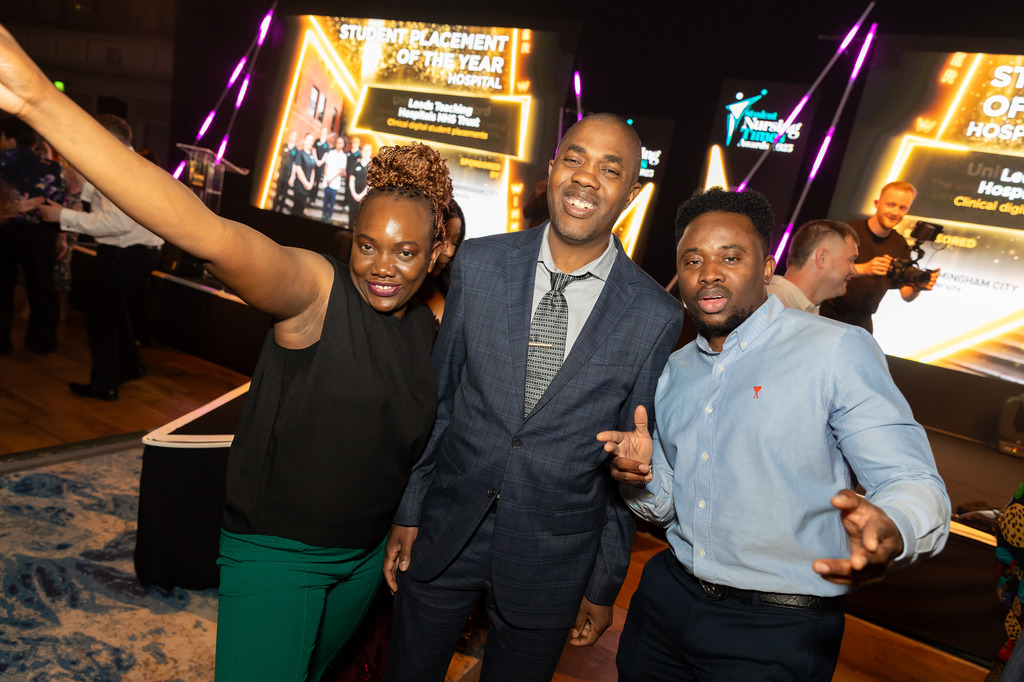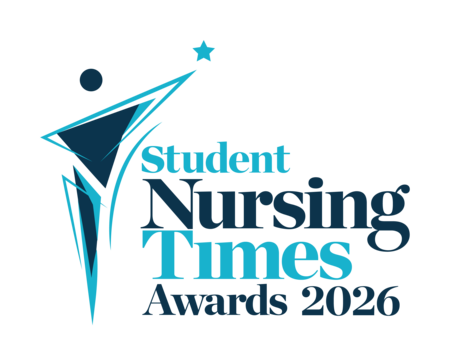
OUR ENTRY DEADLINE HAS NOW CLOSED.
Thank you to everyone who entered this year. We've had some amazing entries and we cannot wait for you to join us in celebrating the remarkable achievements of the next generation of nurses and the people who guide and support them. You can book your table now.
Whether you're a student, recent graduate, practice supervisor, part of a student-focused university, or an organisation offering exceptional preceptorship, our 26 award categories are here to spotlight those who go above and beyond.
Our afternoon ceremony will be on Friday 24 April - see you there!
Countdown to the Shortlist Announcement
Book your table
Book your table and ensure you have a good spot in the room.
Why Attend
Be part of the only awards celebrating student nurses and nurse education.
Partnership opportunities
Celebrate the exceptional achievements of student nurses, universities, educators, and placement providers.
Key dates
|
New entry deadline |
23 January 2025 |
|
First Stage Judging Starts (2 weeks) |
19 January 2026 |
|
Shortlist announcement |
19 February 2026 |
|
Second Stage Judging Starts (2 weeks) |
16 March 2026 |
|
Event date |
24 April 2026 |
